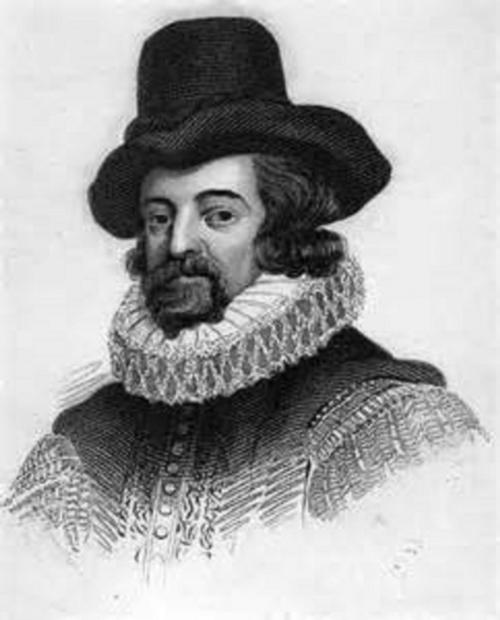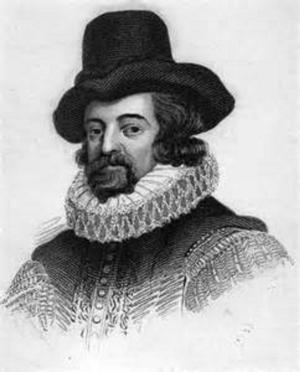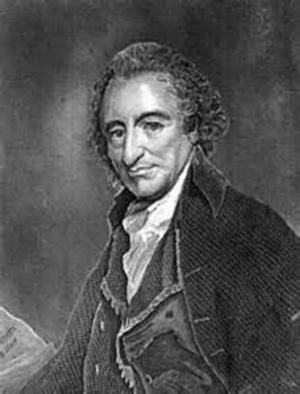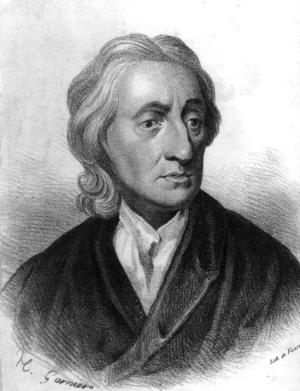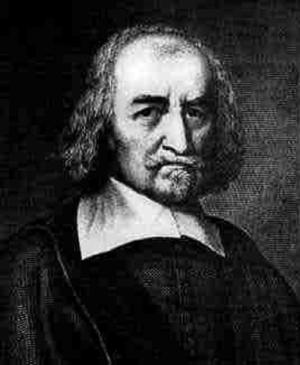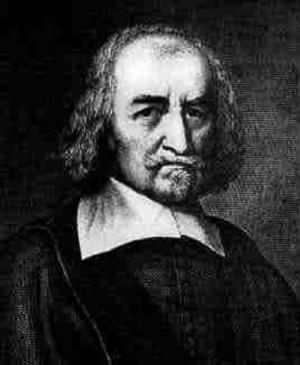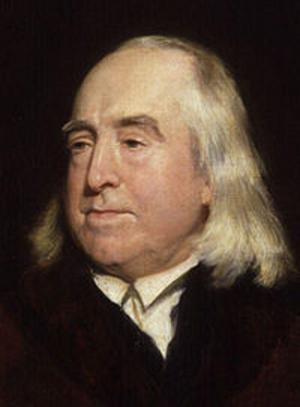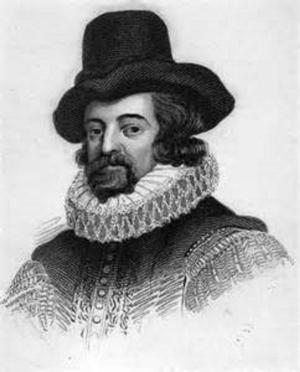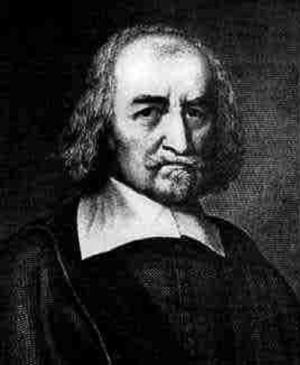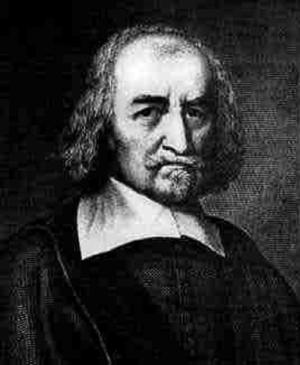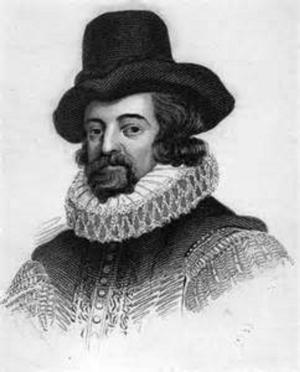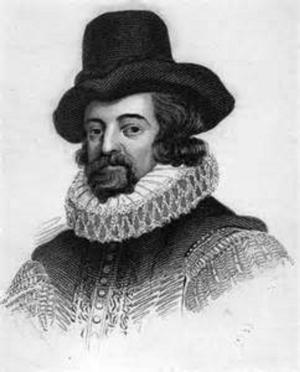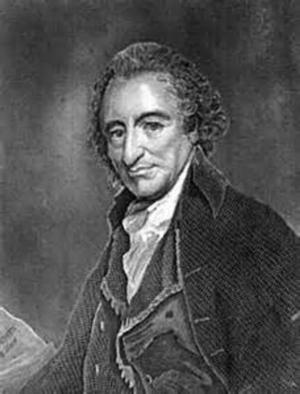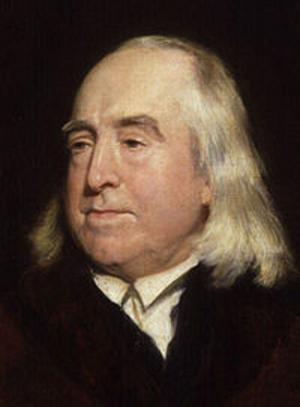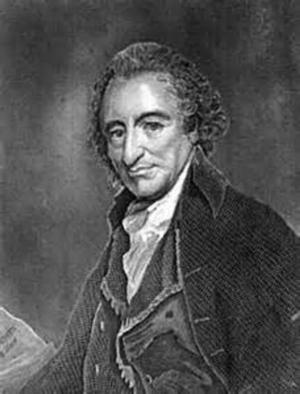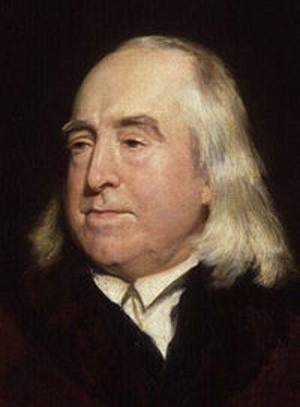Francis Bacon Classic Collection on Moral and Religion (Illustrated)
Business & Finance, Economics, Macroeconomics, Theory of Economics| Author: | Francis Bacon, Timeless Books: Editor | ISBN: | 1230000678988 |
| Publisher: | www.WealthOfNation.com | Publication: | September 22, 2015 |
| Imprint: | Language: | English |
| Author: | Francis Bacon, Timeless Books: Editor |
| ISBN: | 1230000678988 |
| Publisher: | www.WealthOfNation.com |
| Publication: | September 22, 2015 |
| Imprint: | |
| Language: | English |
The book has an active table of contents for easy access to each chapter of the following tiles:
1. ESSAYS, OR COUNSELS CIVIL AND MORAL – FRANCIS BACON
2. MEDITATIONES SACRAE – FRANCIS BACON
3. THEOLOGICAL TRACTS – FRANCIS BACON
Francis Bacon was a great English philosopher and one of the founders of the modern systems of political philosophy and natural philosophy. He is in the row with the greatest thinkers as Isaac Newton, John Locke, Immanuel Kant, Thomas Hobbes, and Jean Rousseau. Their collected thoughts have had strong influence on building the foundation of the United States and its endeavor of open society.
Francis Bacon’s Essays, or Counsels Civil and Morals were published in 1625. These essays are regarded as the great work about the thoughts of the civil and morals. Bacon expressed his philosophical views about a wide range of topics from both public and private life. The essays cover the topics systematically from a number of different angles, weighing one argument against another in the essays.
Francis Bacon’s Meditationes Sacrae was published in 1597. It is regarded as one of the most important religious writings by Bacon. The book is seen as an effort by Bacon, a non-atheist, who attempted to mediate the reformed English church between the two extremes of Popish superstition and profane superstition. Although Bacon was working on replacing Aristotle with his own inductive method for discovering the truths of nature, Bacon’s argument in the book was to place the Anglican Church between the two extremes by borrowing from Aristotle concept of virtue flanked by its two respective vices. Bacon declared in this book his positions as the follows: “Ye err, not knowing the Scriptures nor the power of God (Matthew XXII:29). THIS canon is the mother of all canons against heresy: the causes of error are two; the ignorance of the will of God, and the ignorance or not sufficient consideration of his power; the will of God is more revealed by the Scriptures, and therefore the precept is, ‘Search the Scriptures;’ the will of God is more revealed by the creatures, and therefore the precept is, ‘Behold and consider the creatures:’ so is the fulness of the power of God to be affirmed, as we make no imputation to his will; so is the goodness of the will of God to be affirmed, as we make no derogation from his power: therefore true religion seated in the mean betwixt superstition, with superstitious heresies on the one side, and atheism with profane heresies on the other; superstition, rejecting the light of the Scriptures, and giving itself over to ungrounded traditions, and writings doubtful and not canonical, or to new revelations, or to untrue interpretations of the Scriptures, themselves do forge and dream many things of the will of God, which are strange and far distant from the true sense of the Scriptures; but atheism and theomachy rebelleth and mutinieth against the power of God, giving no faith to his word which revealeth his will, upon a discredit and unbelief of his power to whom all things are possible.”
Francis Bacon’s THEOLOGICAL TRACTS was published in 1841 after his death. It is also regarded as one of the most important religious writings by Bacon. The book is seen as an effort by Bacon who attempted to express his views about natural philosophy and religions.
The book has an active table of contents for easy access to each chapter of the following tiles:
1. ESSAYS, OR COUNSELS CIVIL AND MORAL – FRANCIS BACON
2. MEDITATIONES SACRAE – FRANCIS BACON
3. THEOLOGICAL TRACTS – FRANCIS BACON
Francis Bacon was a great English philosopher and one of the founders of the modern systems of political philosophy and natural philosophy. He is in the row with the greatest thinkers as Isaac Newton, John Locke, Immanuel Kant, Thomas Hobbes, and Jean Rousseau. Their collected thoughts have had strong influence on building the foundation of the United States and its endeavor of open society.
Francis Bacon’s Essays, or Counsels Civil and Morals were published in 1625. These essays are regarded as the great work about the thoughts of the civil and morals. Bacon expressed his philosophical views about a wide range of topics from both public and private life. The essays cover the topics systematically from a number of different angles, weighing one argument against another in the essays.
Francis Bacon’s Meditationes Sacrae was published in 1597. It is regarded as one of the most important religious writings by Bacon. The book is seen as an effort by Bacon, a non-atheist, who attempted to mediate the reformed English church between the two extremes of Popish superstition and profane superstition. Although Bacon was working on replacing Aristotle with his own inductive method for discovering the truths of nature, Bacon’s argument in the book was to place the Anglican Church between the two extremes by borrowing from Aristotle concept of virtue flanked by its two respective vices. Bacon declared in this book his positions as the follows: “Ye err, not knowing the Scriptures nor the power of God (Matthew XXII:29). THIS canon is the mother of all canons against heresy: the causes of error are two; the ignorance of the will of God, and the ignorance or not sufficient consideration of his power; the will of God is more revealed by the Scriptures, and therefore the precept is, ‘Search the Scriptures;’ the will of God is more revealed by the creatures, and therefore the precept is, ‘Behold and consider the creatures:’ so is the fulness of the power of God to be affirmed, as we make no imputation to his will; so is the goodness of the will of God to be affirmed, as we make no derogation from his power: therefore true religion seated in the mean betwixt superstition, with superstitious heresies on the one side, and atheism with profane heresies on the other; superstition, rejecting the light of the Scriptures, and giving itself over to ungrounded traditions, and writings doubtful and not canonical, or to new revelations, or to untrue interpretations of the Scriptures, themselves do forge and dream many things of the will of God, which are strange and far distant from the true sense of the Scriptures; but atheism and theomachy rebelleth and mutinieth against the power of God, giving no faith to his word which revealeth his will, upon a discredit and unbelief of his power to whom all things are possible.”
Francis Bacon’s THEOLOGICAL TRACTS was published in 1841 after his death. It is also regarded as one of the most important religious writings by Bacon. The book is seen as an effort by Bacon who attempted to express his views about natural philosophy and religions.
